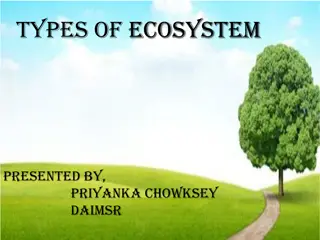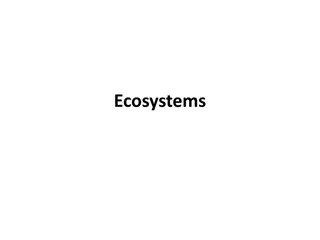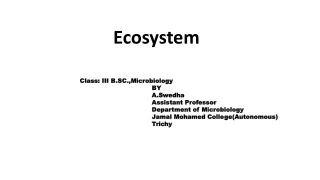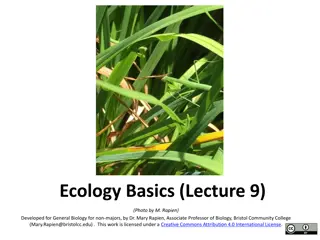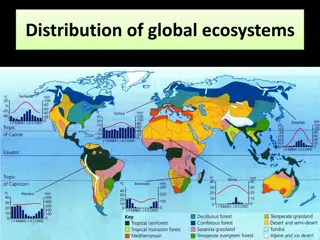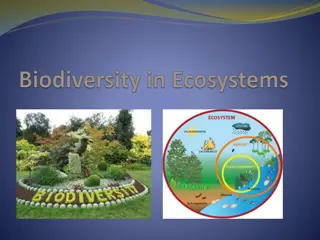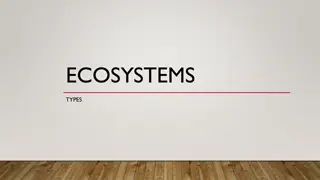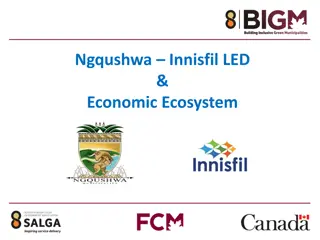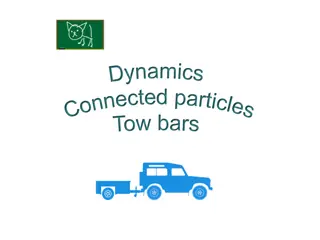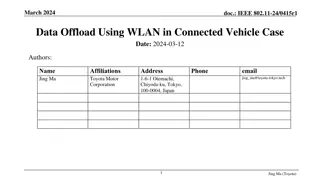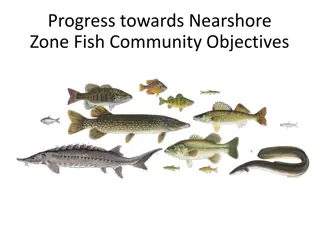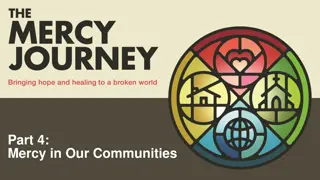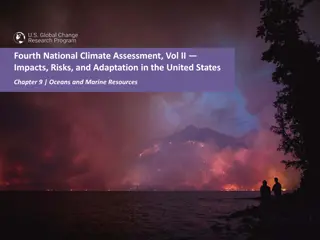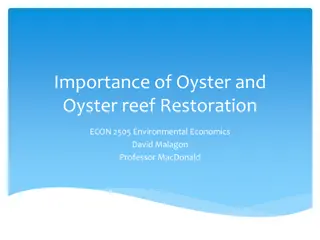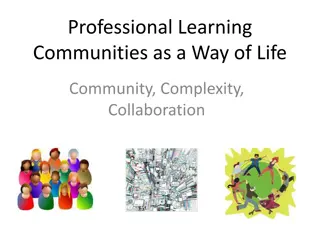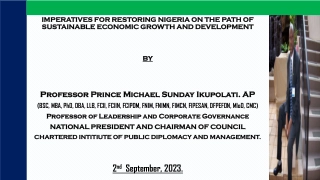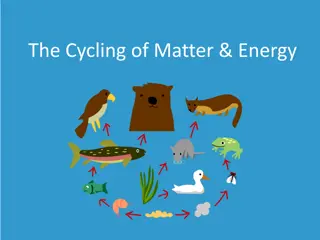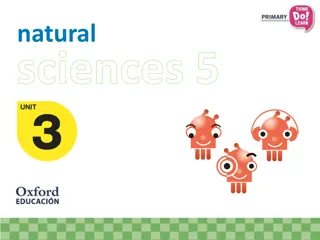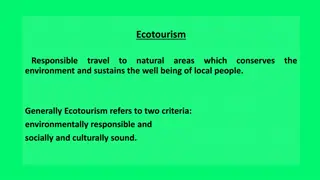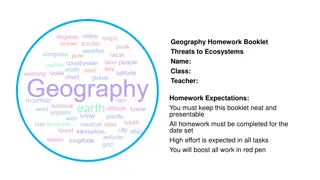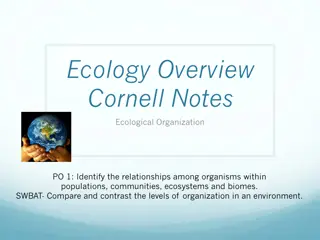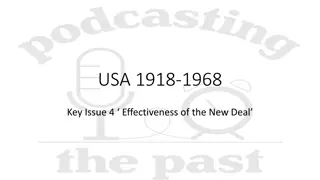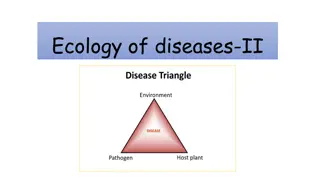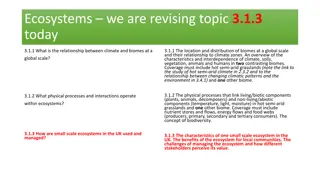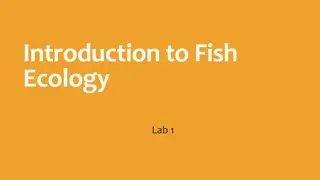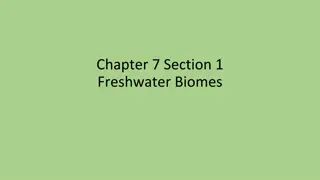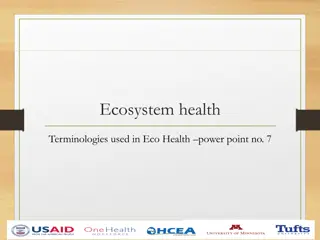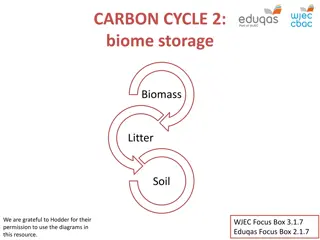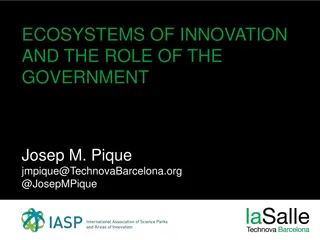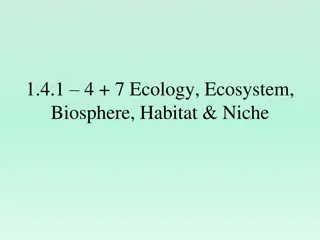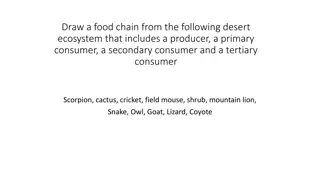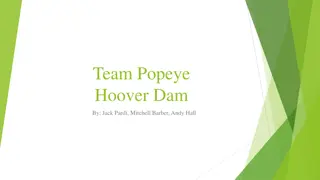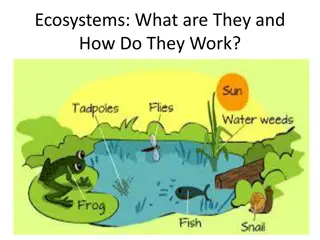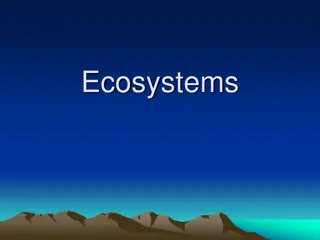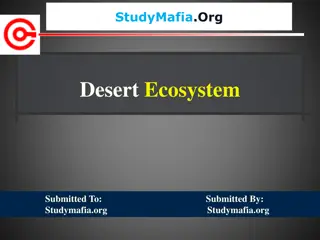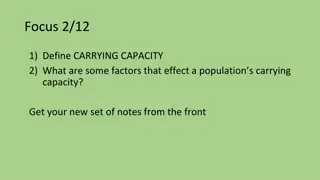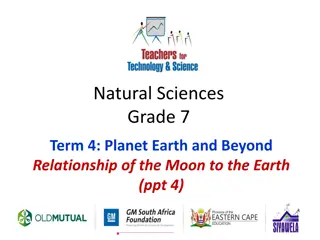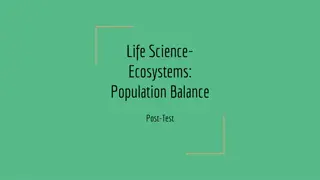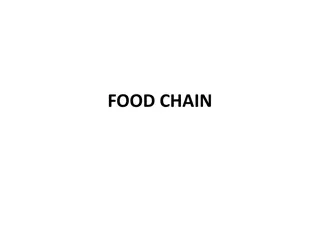Restoring Ecosystems and Communities for a Connected World
Siolta.chroi envisions a world where ecosystems thrive, humans cooperate with nature, and communities explore their full potential. Their mission in Ireland focuses on regenerative cultures, resilient food systems, and ecosystem restoration. Embracing regenerative culture is key to healing the land, while resilient food systems combat climate change. Ecosystem restoration offers a solution to carbon sequestration and climate effects. The organization aims for a transformed world, addressing systemic inequalities.
- Ecosystem Restoration
- Regenerative Culture
- Resilient Food Systems
- Connected Communities
- Climate Change
Download Presentation

Please find below an Image/Link to download the presentation.
The content on the website is provided AS IS for your information and personal use only. It may not be sold, licensed, or shared on other websites without obtaining consent from the author. Download presentation by click this link. If you encounter any issues during the download, it is possible that the publisher has removed the file from their server.
E N D
Presentation Transcript
Our vision We envision a more connected world where ecosystems are restored and thriving. Humans are working in cooperation with wider nature and one another and we all have the opportunity to explore our full human potential. People are awake. The ecosystem is working together like the hum of beehive. Our mission We aim to restore Ireland s ecosystems and communities. We do this through 1) education focused on regenerative cultures; 2) exploring resilient and regenerative food systems; and 3) carrying out ecosystem restoration work.
The 3 pillars of our work Regenerative culture Regenerative and resilient food systems Eco system restoration
Regenerative Culture The concept of Regenerative Culture acknowledges that the regeneration of degraded ecosystems and landscapes is not only a physical or technical concern, it is a deeply cultural one too. The dominant way of thinking in our culture has us disconnected from the natural world. If we make changes to heal the land but don t change our relationship to that land, we will continue to damage the planet around us in one way or another. We believe that deep individual and collective work is required that brings us through a journey of self-awareness, healing and transformation.
Resilient and Regenerative food systems In the face of climate change, a regenerative food system will create resilience by localizing economies, sequestering carbon and building greater food security. Our current food system is carbon heavy, de- localized and in many cases is poisoning the planet and our bodies.
Ecosystem Restoration S olta Chro believe that ecosystem restoration is both possible and necessary. Ecosystem restoration provides tools to restore degraded landscapes. The soil and regenerative agricultural practices offer a chance to stave off the worst effects of climate change. Sequestering the excess carbon in our atmosphere on a massive scale is one of the last remaining solutions. By rehabilitating degraded ecosystems and restoring the soil to health on a wide scale, we can sequester enough carbon to create a safe level in the atmosphere (350ppm).
What type of world do we want? So we should ask ourself the question rather than what we don t want, we should ask what type of world do we want. However there is systemic structural inequalities that we need to understand, challenge and divest from.
Our starting assumptions at Siolta Chroi Many if not all the issues we face as a global and local community comes from the fact that humans see them as separate from wider nature. We live in an unequal ever changing world The unjust systems are not an accident, they are designed that way Our culture is traumatised and we act out of this trauma both on each other and wider nature. Language is important I own this land etc is a fallacy Guardians not gardeners Young people are carrying so much already
Systemic structural inequalities Seeing nature as ours to be controlled Patriarchy Racism Colonialism - Decolonial education - indigenous rights and land use, indigenous communities as custodians of biodiversity Neo-liberial capitalism Corporate control income inequality, Seed control- eg Monsanto loss of seed diversity A lack of food sovereignty, Food choices - Happy Pear


